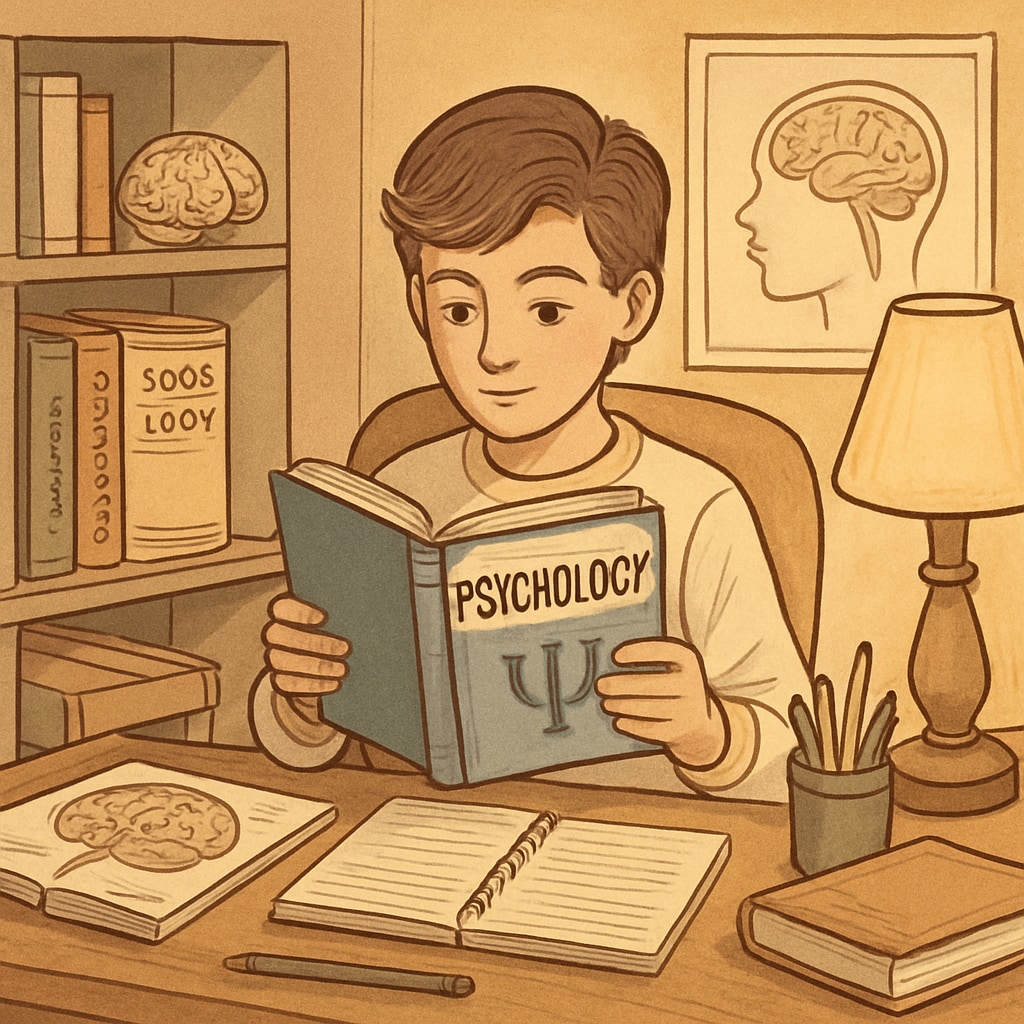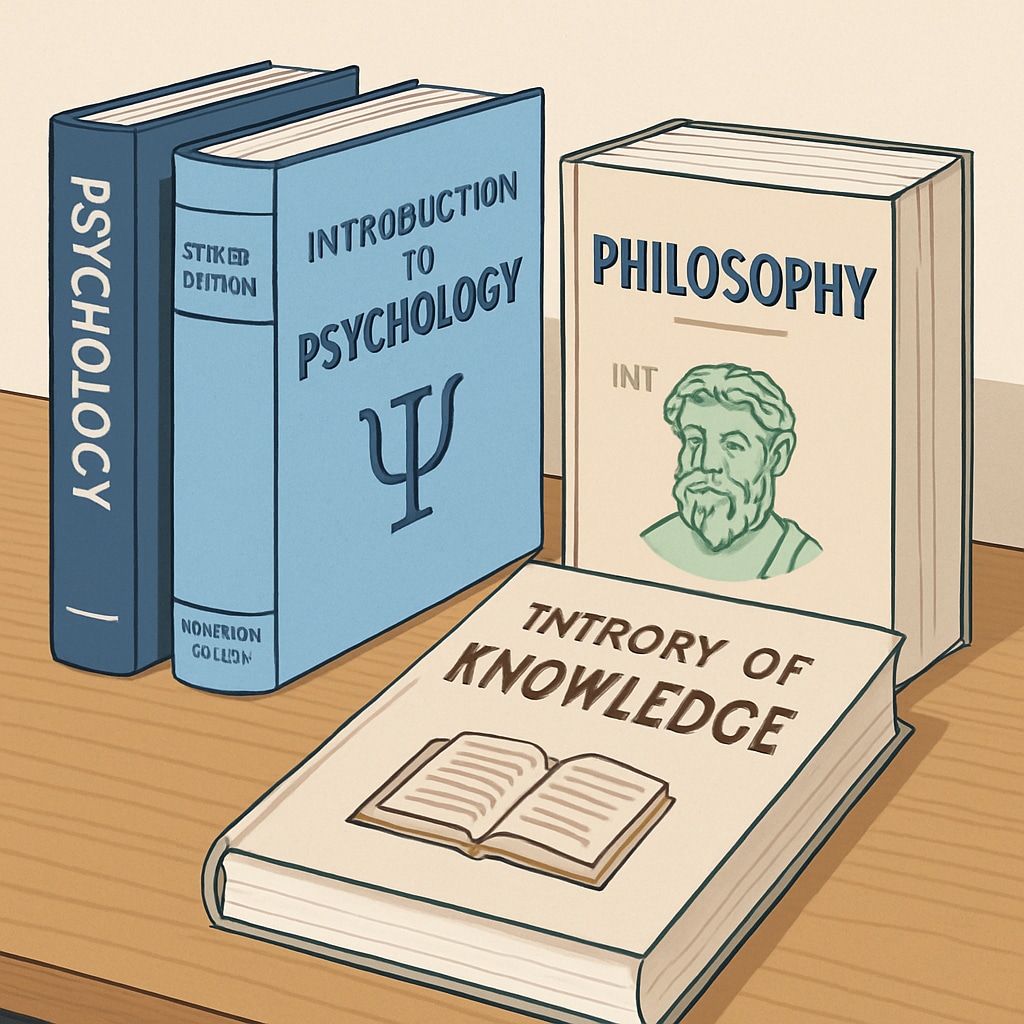Psychology, philosophy, and self-learning resources are powerful tools for K12 students seeking to explore the world of the mind and thought. These fields not only help young learners understand themselves better but also cultivate critical thinking and emotional intelligence—skills essential for their academic and personal growth. In this article, we’ll explore practical tips, beginner-friendly resources, and strategies for diving into these fascinating subjects.
Why Start with Psychology and Philosophy?
Psychology is the scientific study of human behavior and mental processes, offering insights into why people think, feel, and act as they do. Philosophy, on the other hand, examines fundamental questions about existence, morality, knowledge, and reality. Together, these disciplines challenge us to think deeply about ourselves and the world around us.
For K12 students, these subjects provide an excellent foundation for developing critical thinking, empathy, and self-awareness. They encourage learners to ask meaningful questions, analyze complex problems, and consider diverse perspectives. Whether you’re intrigued by how the brain works or curious about the nature of truth, psychology and philosophy offer endless opportunities for exploration.

Getting Started: Self-Learning Tips
Embarking on a self-guided journey in psychology and philosophy may seem daunting at first, but with the right approach, it can be both manageable and rewarding. Here are some tips to help you get started:
- Set Clear Goals: Decide what you want to achieve with your studies. Are you looking to understand yourself better, explore ethical dilemmas, or learn about famous thinkers?
- Start Small: Begin with introductory books, online courses, or short articles that provide an overview of the subjects. Avoid diving into dense academic texts right away.
- Allocate Time: Dedicate regular time slots for self-learning, even if it’s just 20–30 minutes a day. Consistency is key.
- Take Notes: Jot down key concepts, questions, and ideas as you study. This will help solidify your understanding and create a useful reference for later.
- Discuss and Reflect: Share your thoughts with friends, family, or online communities. Engaging in discussions can deepen your understanding and expose you to new perspectives.
Recommended Resources for Beginners
To make your self-learning journey easier, we’ve compiled a list of beginner-friendly resources for psychology and philosophy:
Psychology
- Simply Psychology: A website with clear explanations of psychological concepts and theories.
- Psychology on Britannica: A comprehensive overview of the field.
- Books: “Psychology: A Very Short Introduction” by Gillian Butler and Freda McManus.
Philosophy
- Stanford Encyclopedia of Philosophy: An excellent resource for exploring philosophical topics.
- Philosophy on Britannica: A beginner-friendly guide to key philosophical ideas.
- Books: “The Philosophy Book” by DK Publishing and “Sophie’s World” by Jostein Gaarder.

Integrating Learning into Daily Life
Self-learning doesn’t have to be confined to textbooks or online courses. You can integrate psychology and philosophy into your daily life through practical applications:
- Observe Behavior: Pay attention to how people interact, respond to situations, and express emotions. Reflect on what psychological principles might be at play.
- Engage in Thought Experiments: Philosophers often use hypothetical scenarios to explore ideas. Try creating your own thought experiments or discussing famous ones, like the “Trolley Problem.”
- Practice Mindfulness: Mindfulness techniques, rooted in psychology, can help you stay present and develop emotional intelligence.
- Ask Big Questions: Reflect on philosophical questions like “What is the meaning of life?” or “How do we know what is true?” and write down your thoughts.
Final Thoughts
Diving into psychology and philosophy as a K12 student is a remarkable way to expand your horizons and develop lifelong skills. By utilizing self-learning resources and adopting a curious mindset, you can embark on a journey of self-discovery and intellectual growth. Remember, the key to mastering any subject is patience, consistency, and an open mind. So, start small, stay curious, and enjoy the process of exploring these fascinating disciplines.
Ready to begin? Explore the recommended resources mentioned above and take your first steps into the world of psychology and philosophy today!


